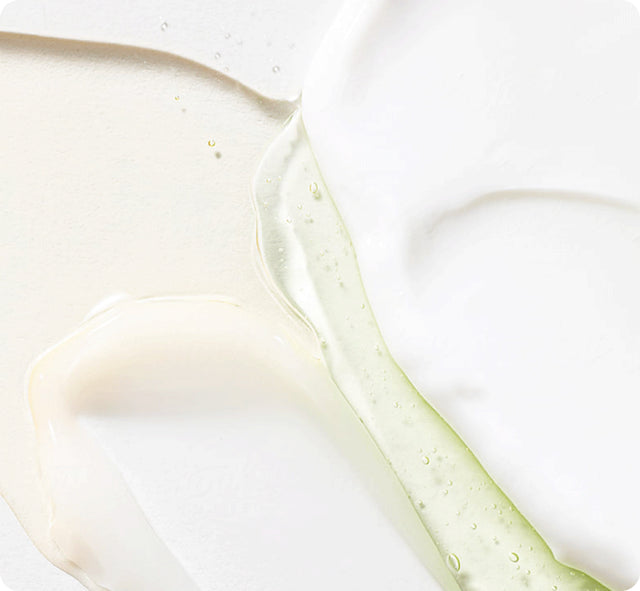
OUR CLEAN BEAUTY STANDARDS
Clean Beauty is for Everybody
Where efficacy meets ingredient integrity, we adhere to the highest standards in the industry, banning 2500+ ingredients to ensure that our products promote wellness without compromising human health or the environment.
The Big Ban
We formulate without 2500+ known harmful ingredients restricted or prohibited by the EU and major clean beauty retailers.
For our full list of banned ingredients and more details on
the Cliganic Clean Beauty Standard, please contact:
support@cliganic.com
